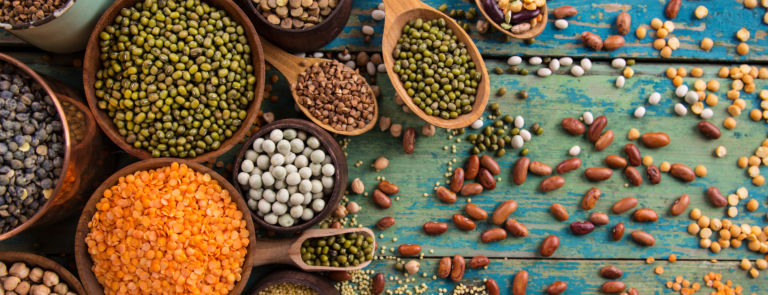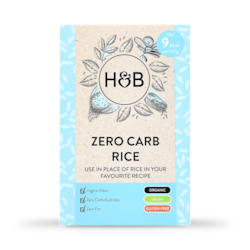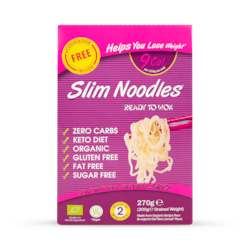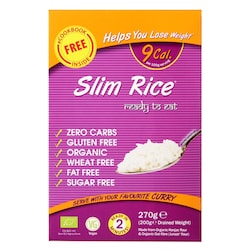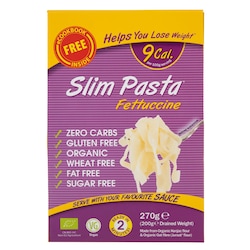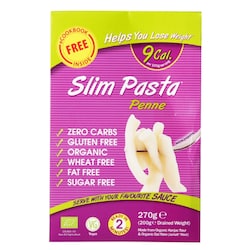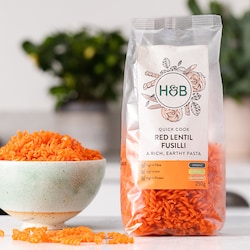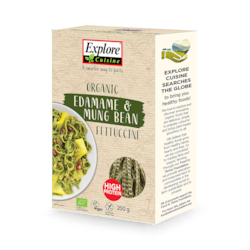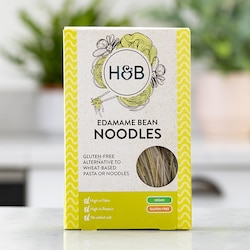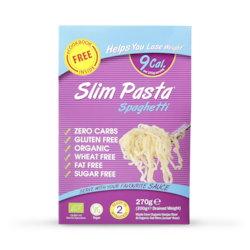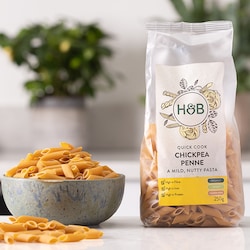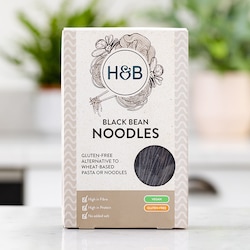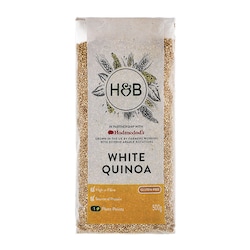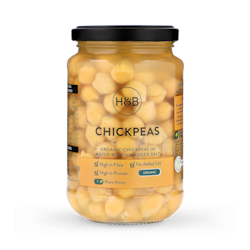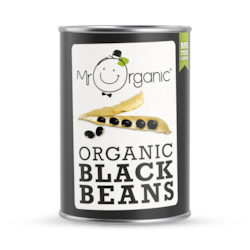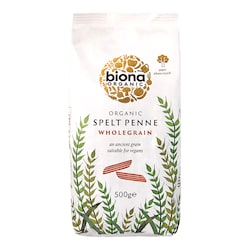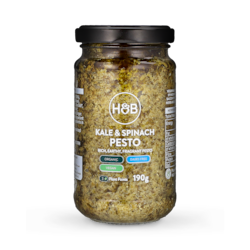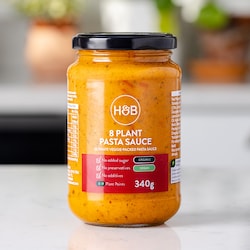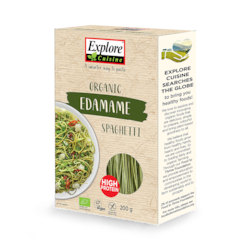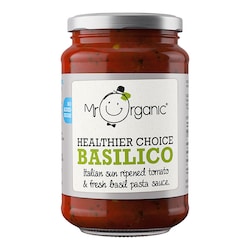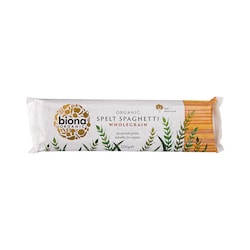Grains have been a staple food of diets across the world for thousands of years.
However, a number of people are now opting to cut grains out of their diet, whether it be due to allergies, intolerances or in an attempt to lose weight or improve health.
But is going grain free actually good for our bodies?
What are grains?
Grains are defined as the edible dry seeds of plants from the cereal group of crops.
They are a staple food in most countries and are fed to livestock as well as humans. They are by far the biggest provider of food energy worldwide.
1
Grains include corn, rice, wheat, barley, oats, sorghum, millet and rye, amongst others.
What can you eat on a grain free diet?
A
grain free diet is one that eliminates all grains.
Lots of foods are made from grains including:
- bread
- pasta
- breakfast cereal
- muesli
- oatmeal
- tortillas
- pastries
Grains are also often used in baking for cake and cookie recipes too.
2
These foods should be avoided if you are opting to go on a grain free diet. Luckily, there are lots of alternatives available, so you will not go hungry!
Grain free foods include:
- fruits
- vegetables
- legumes
- meat
- fish
- seafood
- eggs
- dairy
- nuts and seeds
You can also buy grain free alternatives to bread, pasta and flour too.
Is a grain free diet good for you?
There are certain benefits that you find when you are not eating grains. These include:
A grain free diet may help with weight loss
It has become more popular to avoid wheat in order to lose weight in recent years.
A lot of foods which are high in calories but low in nutrients, such as white bread, white pasta and pizza contain grains and therefore you automatically cut these out once you go grain free.
3
As well as this, foods which contain grains are high on the glycaemic index and can be addictive. Ah, so that’s why you can never stop at just one crisp!
Whereas foods that are lower on the glycaemic index, such as vegetables and protein-rich foods help prevent food addictions.
4
This can help you to eat less in your day to day diet and therefore lower your daily calorie intake.
A grain free diet can help with digestive issues
For the majority of healthy people, a grain free diet does not have any positive impact on the digestive system.
However, for people who suffer from irritable bowel syndrome (IBS) or other digestive issues, a grain free diet has been shown to ease some of the symptoms that are usually experienced.
5
A grain free diet may help to maintain blood sugar levels
Grains that are found in white bread and white pasta are devoid of fibre and so they are digested very quickly, which can lead to a spike in blood sugar levels shortly after meals.
Cutting these out can stop these spikes.
6
Are there any downsides to going grain free?
There are some risks associated with a no grain diet and these occur because you may not have replaced the nutrients that you have lost through cutting out grains.
Lots of wholewheat products are rich in fibre, as well as essential vitamins and nutrients such as vitamin B, folic acid and iron. Cutting grains out may result in vitamin and nutrient deficiencies.
7 Here's
5 foods high in fibre to help up your intake.
Whole grains are rich in both B vitamins and trace minerals and a lack of these in your diet can affect your energy levels and negatively impact the nervous system.
8
Can you be grain free if you are vegan?
The short answer is yes – you can still follow a grain free diet if you are a vegan.
However, you may just need to ensure that you plan your meals properly, to ensure that your body gets all of the nutrients it needs.
When you are not eating rice, it can be substituted for lentils or grated cauliflower and you can use grain free alternatives to flour and pasta.
9
Quinoa is a good source of nutrients like protein, fibre and magnesium and it is free from grains, as it is a pseudo cereal.
10
So should you go grain free?
Unless you have an intolerance or allergy to grains, it is probably best not to cut them out of your diet.
Instead ensure that you are following a balanced diet and living an active lifestyle, with plenty of exercise.
Ensure that you opt for low carb grains like
wholegrains when choosing which grains to eat as these are the most nutrient rich grains.
Shop Food & Drink
Last updated: 28 January 2021
Sources
1 https://www.healthline.com/nutrition/grains-good-or-bad
2 https://www.healthline.com/nutrition/grains-good-or-bad
3 https://www.healthline.com/nutrition/grain-free-diet
4
https://centrespringmd.com/benefits-grain-free-diet/
5
https://www.sciencedirect.com/science/article/pii/S2212267215005043
6 https://www.healthline.com/nutrition/grain-free-diet#benefits
7
https://www.imaware.health/blog/risks-of-a-gluten-free-diet
8
https://www.eatthis.com/grain-free-diet/
9
https://happyherbivore.com/2014/01/grain-free-vegan-plant-based-substitutions/
10 https://www.healthline.com/nutrition/11-proven-benefits-of-quinoa
